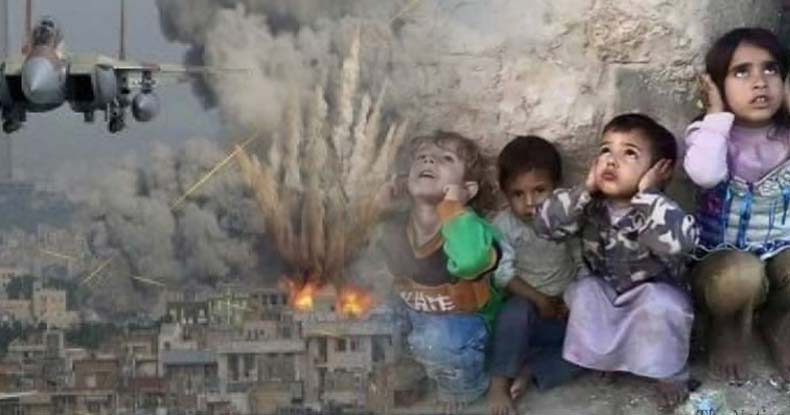 Brandon Turbeville
Brandon TurbevilleActivist Post
June 23, 2016
Despite the crowing of Western nations like the United States, Britain, France and other NATO countries, as well as the United Nations, regarding “human rights violations” in countries like Syria (where the main rights violators have been Western-backed terrorists funded by the West itself) and Iran, Saudi Arabia has continued apace with its policy of floggings, imprisonment, torture, and beheadings for offenses such as “insulting Islam,” “establishing liberal websites” and “sorcery” to the tune of little to no criticism by the West.
While Syria was, without a doubt, the most secular and safest place in the Middle East for minorities (ethnic and religious) and women before the 2011 Western-backed destabilization, Saudi Arabia maintained its policy of slavery and gross oppression of women. The righteous and sanctimonious West, however, said not a word about the savage feudal monarchy of the house of Saud.
After numerous reports began surfacing regarding the Saudi cruelty and the oppressive Saudi state and after a massive torrent of coverage coming from the alternative (notably not the mainstream) press, however, the crimes of the Saudi monarchy could no longer be completely ignored, a fact which has highlighted not only the horrors of Saudi leadership but the hypocrisy of the West.
Thus, after a significant expose’ of Saudi war crimes and human rights violations at home and abroad, even the United Nations could no longer remain silent.
As a result, the U.N.’s “Children And Armed Conflict” report for 2015 listed Saudi Arabia and its anti-Houthi coalition in Yemen as “parties that kill or maim children” and “parties that engage in attacks on schools and/or hospitals.” The report’s findings were based on the work of U.N. researchers stationed in Yemen who attributed 60 percent of killed an injured children in that country to the bombs dropped by the Saudi coalition. Yet Saudi Arabia’s name was eventually struck off the list provided in the report less than a week after it was released, a decision that was made by U.N. Secretary General Ban Ki Moon.